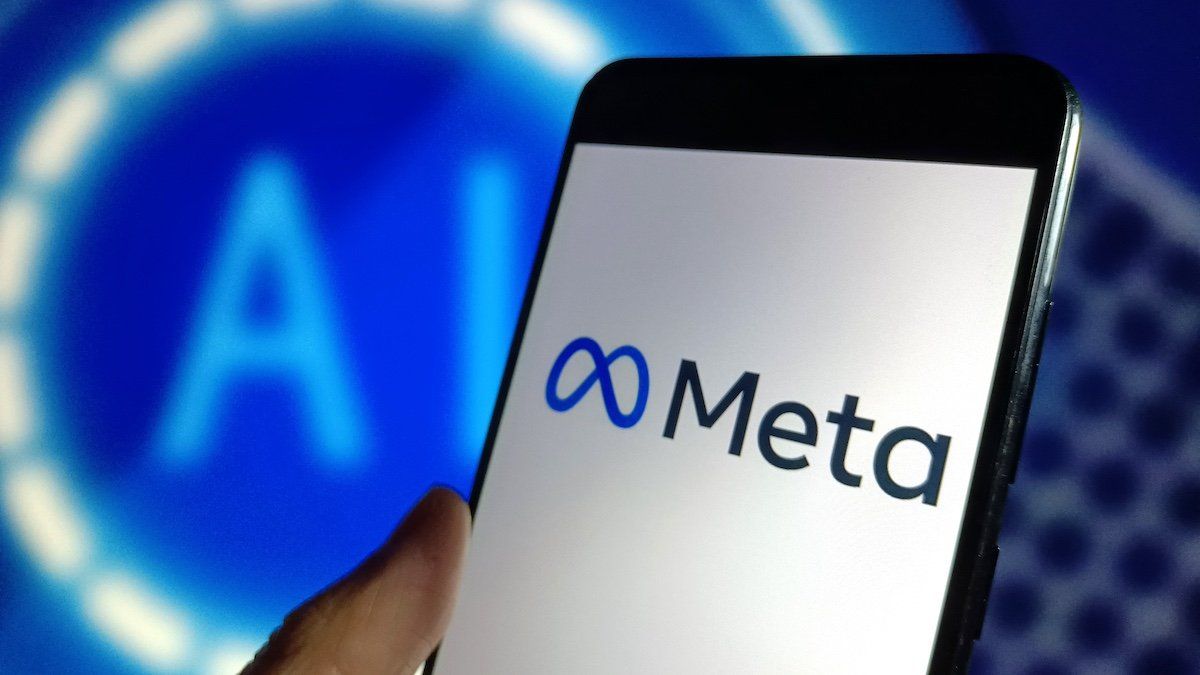If you use any Meta product — Facebook, Instagram, WhatsApp, or Messenger — buck up for an onslaught of AI. The social media giant is rolling out AI-powered assistants across its apps in unavoidable ways.
Meta’s AI, quite simply, will be everywhere: in your searches, conversations with friends, and chiming to conversations on Facebook groups. It’s powered by the company’s LLaMA 3 model, and is meant to help you answer questions or complete tasks — whatever you want, really. GZERO searched for Thai food on Instagram and instantly initiated a conversation with the Meta AI chatbot. (It gave five good options nearby.)
Meta has taken an open-source approach to developing artificial intelligence, releasing its powerful model for the world to use. That’s different from rivals like OpenAI, which charge consumers and companies to use their closed-source tech.
Now, it’s putting its models to use in a bid to ensure you spend as much time on its platforms as possible. Meta’s bread and butter, as an advertising giant, is attention. If you don’t need to leave Instagram to Google something, or write something with ChatGPT, that’ll quickly mean more money for Meta.
If users aren’t so horribly annoyed or creeped out that they disengage completely, that is. 404 Media reported that Meta’s AI told a parents group on Facebook that it has a disabled-yet-gifted child before the company received complaints and removed the comments. And, for people who want to opt out entirely, it doesn’t help that currently there’s no real way to turn the AI off either.